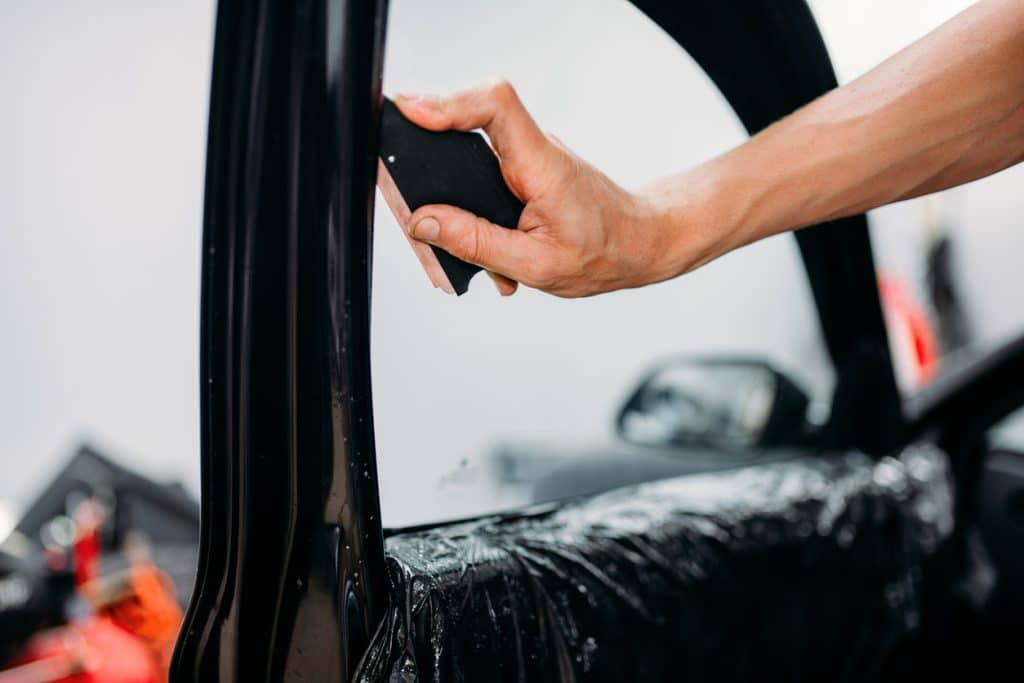
Window tinting is a popular modification for vehicles and buildings, offering a blend of aesthetic appeal and functional benefits. The process involves applying a thin, transparent film to the glass surfaces, which can significantly enhance comfort, safety, and energy efficiency. This article delves into the science behind window tinting, how it works, and the myriad benefits it provides.
How Window Tinting Works
Window tinting operates on principles of light absorption, reflection, and transmission. The film used in window tinting is typically made of polyester and contains microscopic particles of metals, dyes, or ceramics. These particles interact with light in various ways to achieve the desired effects.
- Solar Energy Absorption and Reflection: The primary function of window tinting is to control the amount of solar energy that enters a space. The film absorbs and reflects certain wavelengths of light, particularly ultraviolet (UV) and infrared (IR) rays. This selective absorption and reflection help reduce heat and glare inside the vehicle or building.
- UV Protection: High-quality window films can block up to 99% of harmful UV rays. UV radiation can cause skin damage, increase the risk of skin cancer, and fade interior materials. By blocking these rays, window tinting provides crucial protection for both occupants and the interior of the vehicle or building.
- Infrared Rejection: Infrared radiation is a significant contributor to heat buildup. Window tinting films can selectively block IR rays, helping to maintain a comfortable temperature inside while reducing the load on air conditioning systems.
- Glare Reduction: Tinted windows reduce glare from the sun and artificial light sources, making it easier and safer to drive or work indoors. This is particularly beneficial during bright sunlight or when driving at dawn or dusk.
Benefits of Window Tinting
The benefits of window tinting extend beyond mere aesthetics. Here are some of the key advantages:
- Enhanced Comfort: By blocking UV and IR rays, window tinting helps keep the interior of a vehicle or building cooler. This is especially beneficial during hot summer months, reducing the need for air conditioning and improving overall comfort.
- Increased Privacy and Security: Tinted windows make it harder for outsiders to see inside, providing increased privacy. This can deter potential thieves and protect valuables left inside the vehicle.
- Protection Against UV Rays: As mentioned, window tinting can block up to 99% of UV rays, protecting occupants from skin damage and preventing the interior materials from fading and cracking.
- Energy Efficiency: By reducing the need for air conditioning, window tinting can lead to significant energy savings. This is particularly important in regions with extreme temperatures, where maintaining a comfortable indoor climate can be costly.
- Safety in Accidents: Window tinting films can hold shattered glass together in the event of an accident, preventing dangerous shards from flying around and reducing the risk of injury.
- Improved Aesthetics: Tinted windows give vehicles and buildings a sleek, modern look. This can enhance the overall appearance and even increase the resale value of the property.
TechTeinte Window Tinting
TechTeinte window tinting services offer high-quality films that provide all the aforementioned benefits. With over 20 years of experience, TechTeinte specializes in automotive, residential, and commercial tinting, ensuring that their products meet the highest standards of performance and durability. Their films are designed to block up to 99% of UV rays, reduce heat and glare, and enhance privacy and security, making them a valuable investment for any vehicle or building
